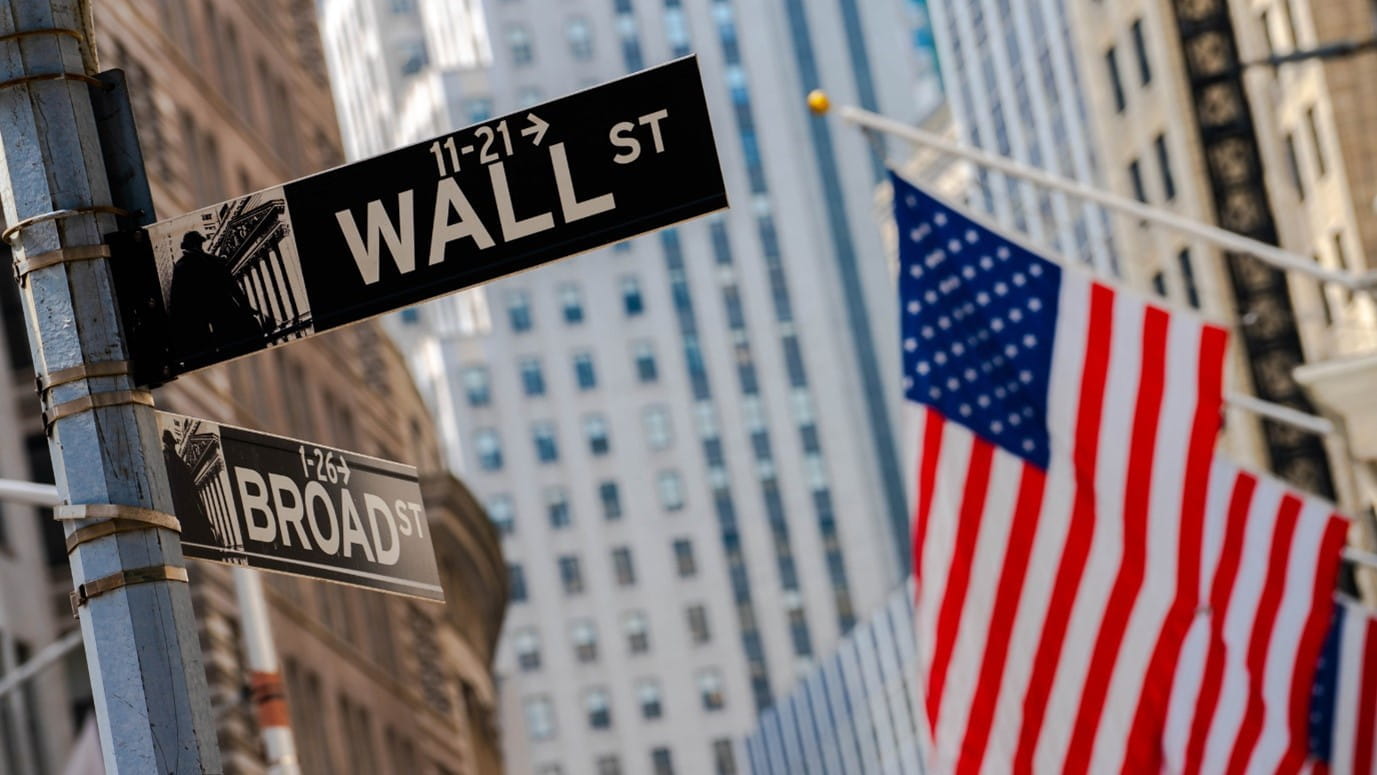
What is an NFT?
An NFT is a non-fungible token, which is a one-of-a-kind digital item. They’re a unit of data stored on a blockchain that represents an underlying digital asset – such as art, music, videos, collectibles and in-game assets.
NFTs can represent basically anything that exists as code, and are becoming a popular way of commodifying these assets.
For example, a popular NFT is the app CryptoKitties on the Ethereum blockchain, which enabled users to buy and sell digital kittens. One such kitten sold for over $17,000.
The key to NFTs is that they are non-fungible. Fungible means an asset can be exchanged for an identical item. For example, a standard bitcoin token is fungible, because it can be traded for a bitcoin of the same value.
So, when something is non-fungible, it is completely unique and if you traded it for something else, you’d receive a completely different item, worth a different amount.
Although NFTs are bought by an individual, the digital asset will still exist for other parties to see for free.
How do non-fungible tokens work?
Non-fungible tokens generally work using the same process as cryptocurrencies. This can vary from blockchain to blockchain.
For example, Bitcoin’s blockchain uses a proof-of-work (PoW) system, which is a process in which one party proves to others that a certain amount of effort has been expended toward a goal.
But for the most part, NFTs exist on the Ethereum blockchain, which now operates using a proof-of-stake (PoS) model. PoS is a consensus mechanism, where a random user is chosen to validate transactions based on how many coins they have in the blockchain.
Whichever type of blockchain is used, once an NFT transaction has taken place, it becomes a secure part of the blockchain, making it harder to steal than a physical asset would be. Like other crypto assets, NFTs are held in digital wallets.
Why buy NFTs?
A lot of people have questioned why you’d buy an NFT if you can’t restrict who can view your asset, but you’re still buying something that cannot be replicated: the ownership rights to this asset.
For the buyer, an NFT has the same function as a lot of collectibles and gives you the bragging rights that you own the underlying asset. But they can be used to speculate too – you can buy an NFT in the hope that it rises in price and you can sell it on for a profit.
For the seller, using NFTs instead of selling work through more traditional means can create a market that isn’t otherwise available. For example, the creators of digital art or even emojis have had very few ways of selling their products. Plus, most NFT contracts will enable the seller to get a percentage of the sale each time the NFT changes hands.
There have been attempts to sell NFTs for physical items, but for the most part, the verification process isn’t as smooth. And as the NFT market is still relatively new, only a few exchanges facilitate the exchange of NFTs.
Non-fungible tokens use cases and examples
Perhaps the most famous example of NFTs in use is the digital artist Beeple, who sold a piece of artwork for $69 million, and Twitter founder Jack Dorsey who sold his first-ever tweet for $2.9 million.
Neither the artwork nor the tweet are tangible assets, they both only exist in the digital space.
The drawback of NFTs is that there’s no real way to take ownership of a digital asset, because once something is on the internet, it’s there for everyone to see. So Beeple’s artwork or Dorsey’s tweet are both still available for the public – despite people having paid millions to ‘own’ them.
What are NFT stocks?
NFT stocks are companies directly or indirectly involved in non-fungible token projects. As the NFT industry grows, these companies’ shares have seen increased speculation – both bullish and bearish.
Ultimately, some people believe NFTs are the future of collecting – whether that’s art, music, etc – but aren’t necessarily confident buying the digital assets themselves. So, buying shares in a company involved in NFT projects can be a good way of getting exposure to the trend without diving headfirst into the unknown.
As NFTs are still a relatively new technology, a lot remains unknown about what the transactions will mean long term and what the true value of an NFT is, which is causing the volatility.
NFT stocks to watch
Many companies have started to explore the world of NFTs, which means there are a number of different ways you can speculate on the trend – directly, through companies that produce the digital assets themselves, and indirectly, by speculating on companies invested in NFTs.
The latter gives you some exposure to NFTs, but with the comfort of knowing they have diversified revenue streams.
By market cap, here are some of the biggest NFT-related companies:
- NVIDIA - $388 billion
- Shopify - $47 billion
- eBay - $24 billion
- Cloudflare - $14 billion
- Coinbase - $10 billion
- Draft Kings - $6 billion
- PLBY Group - $125 million
- Dolphin Entertainment - $23 million
Nvidia
Nvidia is a technology company, famous for inventing and manufacturing graphics processing units (GPUs). Since then, the company has established itself as an expert in high-performance computing (HPC) and artificial intelligence (AI) too.
So, it came as no surprise in early 2022 when Nvidia announced it was working on AI-powered ‘neural graphics’, which are AI-powered graphics used to render a realistic 3D world inside a computer. All of this demonstrated that Nvidia was serious about its Omniverse platform – where developers can create and launch metaverse applications.
And NFTs are a huge part of the multiverse, as they enable users to buy and sell augmented reality experiences and AI artwork. But Nvidia has also said the platform will host NFT marketplaces from Shutterstock, CGTrader, Sketchfab and Twinbru.
Shopify
E-commerce platform Shopify is currently testing an NFT program that would enable merchants to sell NFTs from their Shopify stores. Although it seems like a while away, the move has already propelled the platform into the NFT sphere.
But like other companies on this list, Shopify isn’t a solely NFT-based company, which means its performance is dependent on other factors too. While its move toward NFTs was well received, the company’s stock has taken a beating as its post-pandemic revenue figures couldn’t measure up to the surge in stay-at-home shopping.
eBay
Considering the sheer amount of goods available on eBay, it’s probably not a shock that consumers have been able to buy and sell NFTs on eBay’s website since early 2021.
But the company soared into the NFT scene in June 2022, when it announced it had bought NFT marketplace KnownOrigin, in a bid to secure its position as the go-to site for NFT collectors.
Cloudflare
Cloudflare is primarily a content delivery network, used to secure websites, APIs, and other internet applications. But it also has its Cloudflare Stream service, which supports the publishing of videos online.
It entered the NFT space when it started to allow Stream users to make NFTs of their work on the Ethereum platform and connect the tokens back to their videos stored with Cloudflare. This means that the owner can effectively receive royalty payments each time the video is resold.
Coinbase
Coinbase is already well-known in the crypto space, so definitely won’t come as a surprise. It’s the largest cryptocurrency exchange by trading volume, and also acts as an NFT marketplace now too, where people can create, collect, buy and sell NFTs.
Currently, the NFT marketplace is only available in the U.S., but it’s likely to launch in other countries later on – and there are already waiting lists available for people from other countries to join.
Draft Kings
Draft Kings is a popular American fantasy sports competition and betting company. Individuals can create teams and win money based on their performance measured against real-life outcomes.
The company now also has a marketplace where it sells its exclusive NFTs and NFTs made by famous sportspersons – such as Tiger Woods, Tony Hawk and Tom Brady.
PLBY Group
PLBY Group – known for owning Playboy magazine – has a collection of NFTs that live on the Ethereum blockchain. In October 2021, Playboy released 11,953 unique ‘Rabbitars’ - 3D rabbit characters – inspired by Playboy’s iconography.
The NFTs started at a purchase price of 0.1953 ether – at the time that was approximately $730 – but as of January 2023, the average cost of a Rabbitar is just $119 or 0.0075 ETH.
Dolphin Entertainment
Despite being last on the list by market cap, Dolphin Entertainment is one of the bigger names in the NFT space. Its flagship NFT collection, called the Creature Chronicles, sold out in two hours.
However, the company’s main NFT collection was in partnership with crypto platform FTX, which very publicly (and controversially) collapsed toward the end of 2022. It still has NFT collaborations with Hall of Fame Resort and Entertainment to keep it going.
How to trade NFT stocks
When you trade NFT stocks with City Index you can take a position on whether they’ll rise or fall in value using CFDs. You won’t take ownership of the underlying asset but will instead just speculate on its price.
Find your first opportunity using these easy steps:
- Open a City Index account, or log in if you’re already a customer
- Search for a company you’re interested in
- Choose your position and size, and your stop and limit levels
- Place the trade
Or you can trade shares risk free by signing up for our demo trading account.
NFTs and climate change
The proof-of-work (PoW) system that a lot of blockchains run off is often criticised because it requires a far larger amount of energy usage than other blockchain methods, namely proof of stake (PoS). That’s why Ethereum switched its system over.
This means NFTs on a PoW blockchain have a high carbon footprint per transaction. The greenhouse gas emissions for NFT transactions have been so high that there are cases where people have decided against selling their assets out of fear of the effect it could have on the planet.
Learn about ESG investing and the impact it's having on companies.



